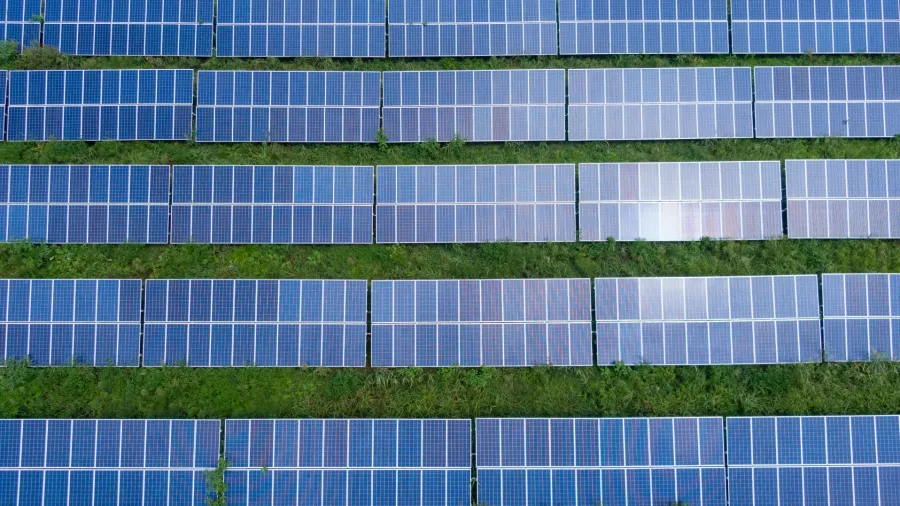
Octopus Energy to invest $1.9b in APAC energy sector
Around $1.2b will be dedicated to the region’s solar and wind generation.
UK-based Octopus Energy will be investing around $1.9b (£1.5b) by 2027 to support the clean energy transition in the Asia Pacific.
In a statement, Octopus Energy said of the total investment, around $1.5b (£1.2b) will be allocated for solar and wind generation, half of which will be for the development of Japanese renewables.
READ MORE: At least $21.4t power grid investment needed by 2050: Report
The company will invest around $372.8m (£300m) to expand its tech innovation and energy retail hub in Tokyo which will create 1,000 green jobs for UK and local talent, increasing its employees by 10-fold by 2027.
It also plans to raise $497.1m (£400m) from its investors in the region in the next five years to fund wind and solar farm development in the UK.
$1 = £1.5b
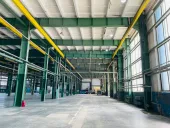
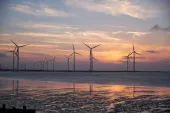

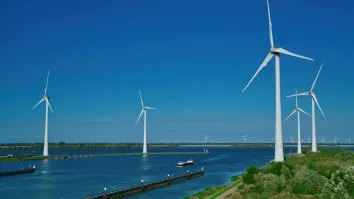
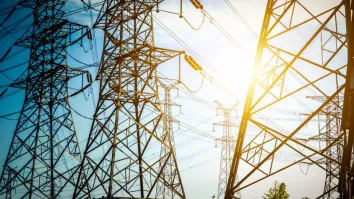
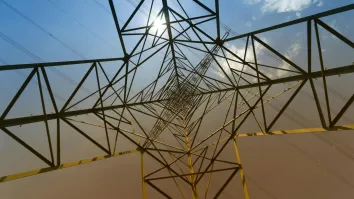













 Advertise
Advertise







